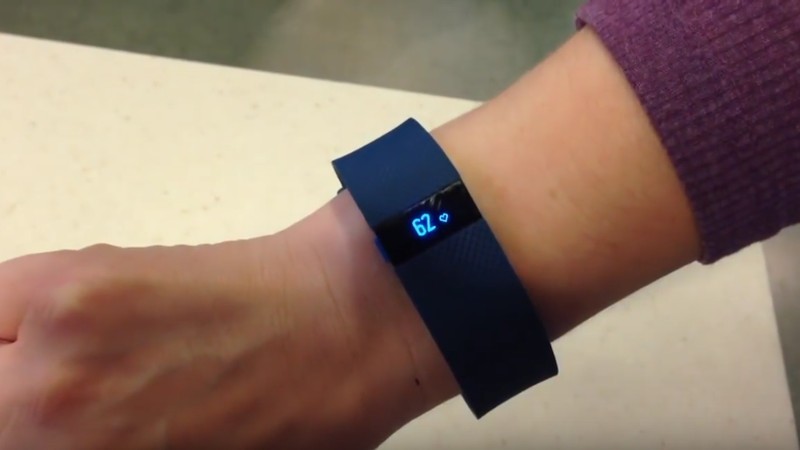Fitness tracker for the first time helped save a person’s life

A 42-year-old man from New Jersey ended up in the emergency room after a heart attack. After studying the data from his fitness tracker Fitbit Charge HR, the doctors made the right decision to conduct cardioversion - electropulse therapy to depressorize the myocardium and restore the heart rhythm. A clinical case described in a scientific journal on resuscitation is the first known case when a fitness tracker helped save a person’s life.
Upon arrival at the intensive care unit, the doctors immediately recorded a patient with atrial fibrillation - a type of supraventricular tachyarrhythmia with chaotic electrical activity of the atria. But it was unclear whether it is chronic, or caused by a seizure that occurred 20 minutes before.
This is critical information for physicians to decide whether to use cardioversion to restore a stable heart rhythm. The fact is that if tachycardia is chronic, then an electrical impulse can force out a blood clot and send it to the aorta, which threatens with a stroke. On the other hand, abstinence from therapy also threatens with a stroke.
Fortunately, doctors noticed a fitness tracker on the patient’s arm that measures the pulse.
Experts understand that it is associated with an application on a smartphone, where history is preserved. They launched the application and saw that the basic heart rate is in the range of 70-80 beats per minute, with rapid and steady growth up to 140-160 beats around the time of the attack.

That is, the application confirmed that atrial fibrillation appeared after the attack, so that electrocardioversion should be continued and carried out.
Probably, in the intensive care unit would still have this procedure, but then there would be a risk. Fitness tracker provided information for making an informed decision.
Previously, these devices were used in medicine only to monitor patient activity. Now - the first time that a fitness tracker is really useful for resuscitation.
